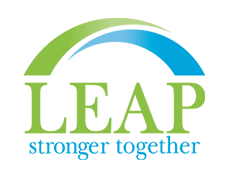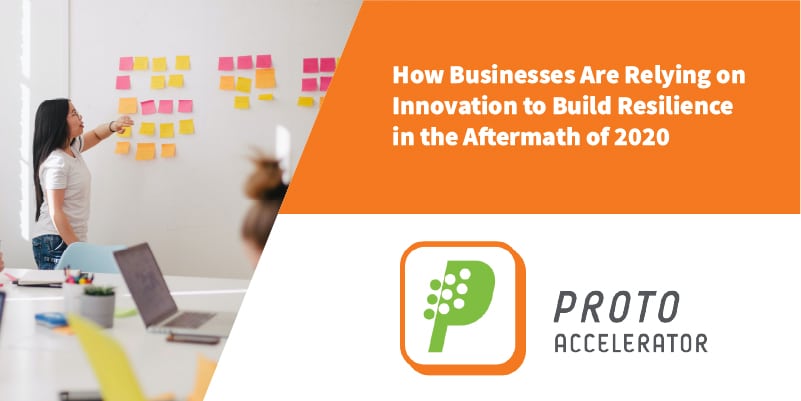How Businesses Are Relying on Innovation to Build Resilience in the Aftermath of 2020
Examples of innovative corporate resilience as a result of the COVID-19 pandemic
The COVID-19 pandemic put a spotlight on the fragility of supply chains, health care, and other critical systems. Countless businesses are facing disruption, but those that have incorporated resilience plans into their business strategies are seeing the benefits.
Despite the economic difficulties of 2020, some small businesses thrived. The key to their success? Pivoting their business models. Lansing’s Amer1can Bistro opened this summer despite the restrictions of the pandemic. The restaurant used the pandemic to shape their space, including touch-less ordering and payment, outdoor seating, curbside pickup and a “car hop service” where food is delivered to customers in their car. The restaurant is also offering online giveaways and provided live music on their patio this past summer.
Business resilience is defined as the ability of a company to quickly adapt to disruptions while maintaining continuous business operations and safeguarding its people, assets and overall brand equity and image.
Resilience strategies should reach beyond an emergency response plan and extend into continuity, disaster recovery, value protection, and exploitation plans to combat disruption. In the event of these scenarios, businesses should be able to react. Flexibility and triaging operations are essential.
Innovation was a requirement for business survival last year. One survey found 43% of small businesses with fewer than 500 employees started to rethink the way they do business since COVID-19 began. Another 32% of businesses found new ways to deliver existing services, and 22% asked employees to learn new skills to support change in the business.
Businesses in Downtown East Lansing such as Seams Fabric innovated by rethinking their business and helping the community. The store leveraged its fabric products and its network to create masks for healthcare professionals, nursing homes and elder care facilities, schools, and anywhere else that needed them. Another business, RetroDuck held a fundraising campaign for fellow businesses by selling vintage shirts from local businesses to bring in more customers and revenue for others.
Many companies have stepped up to support both their employees and communities. According to the 2020 Business in the Northwest report, adapting by refining or re-strategizing product and service offerings has helped 76% of businesses during 2020. The report also found that 87% of business leaders feel a large responsibility to support their communities during this time and 95% feel an increased sense of responsibility to support their employees.
Do you want to learn more about resilience and innovation in business practices? PROTO Accelerator is a startup accelerator that brings innovation to corporations looking to increase efficiencies, decrease costs and add value within their industry. The program is designed to attract creative minds from across the globe who are ready to test revolutionary business models.
To learn more about PROTO Accelerator, visit http://www.protoaccelerator.com/ or email tony@purelansing.com.
Category: Entrepreneurship, PROTO Accelerator


